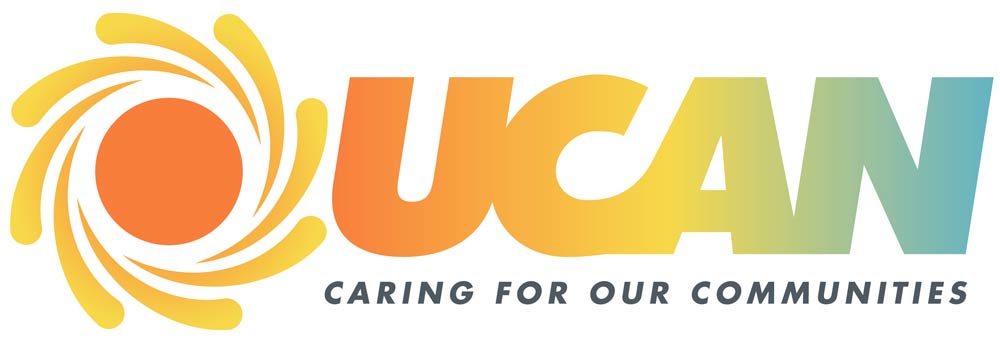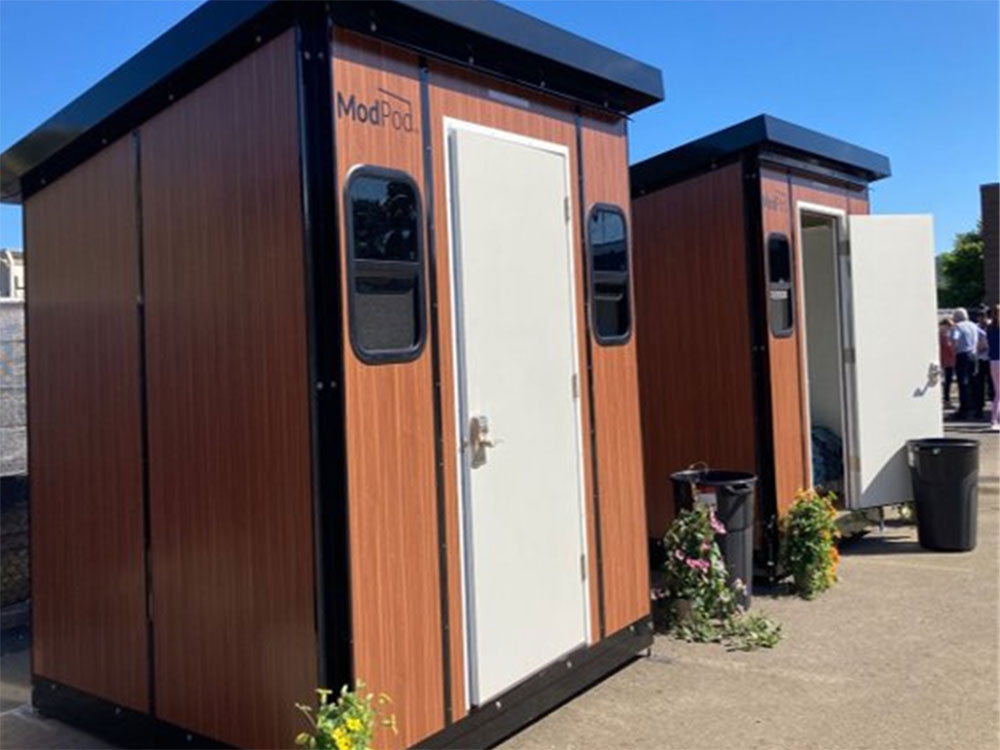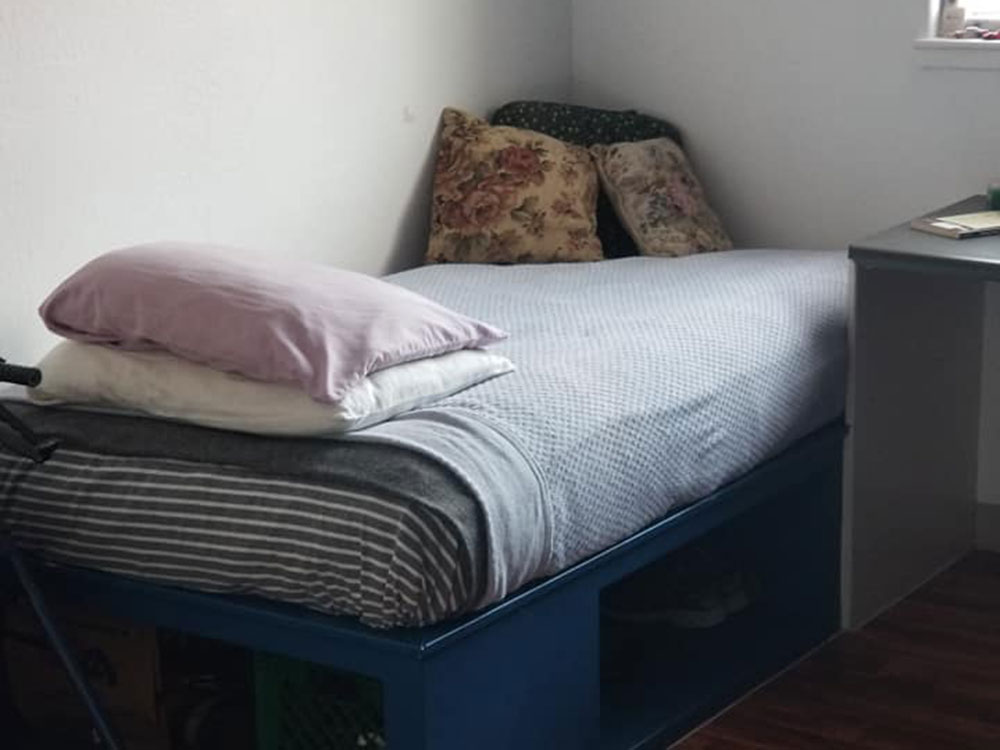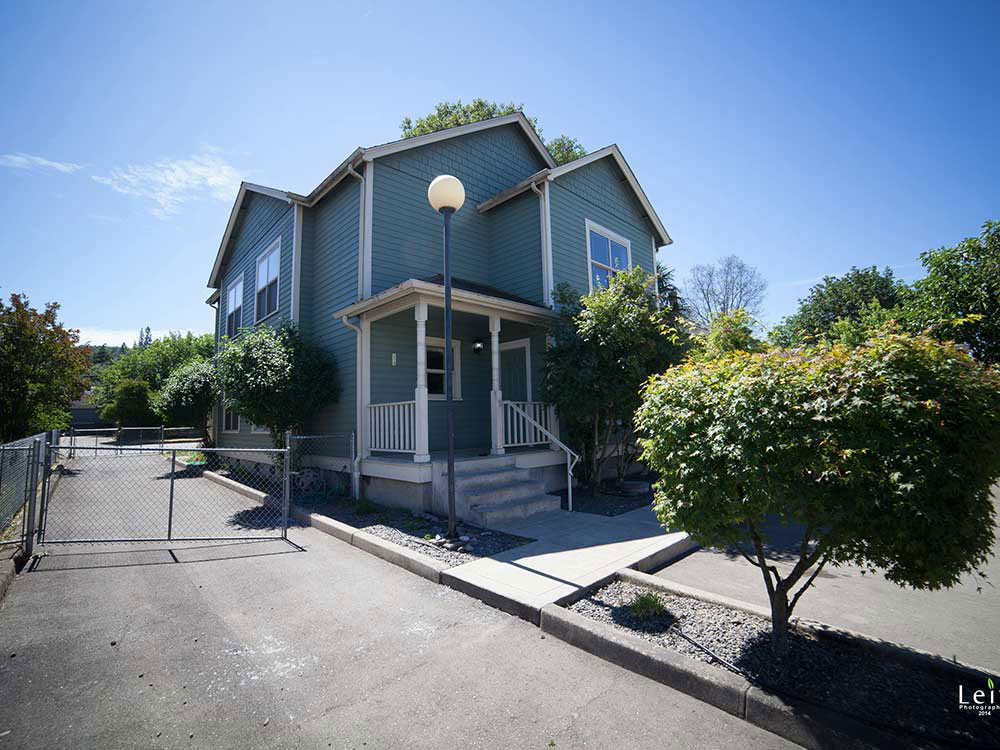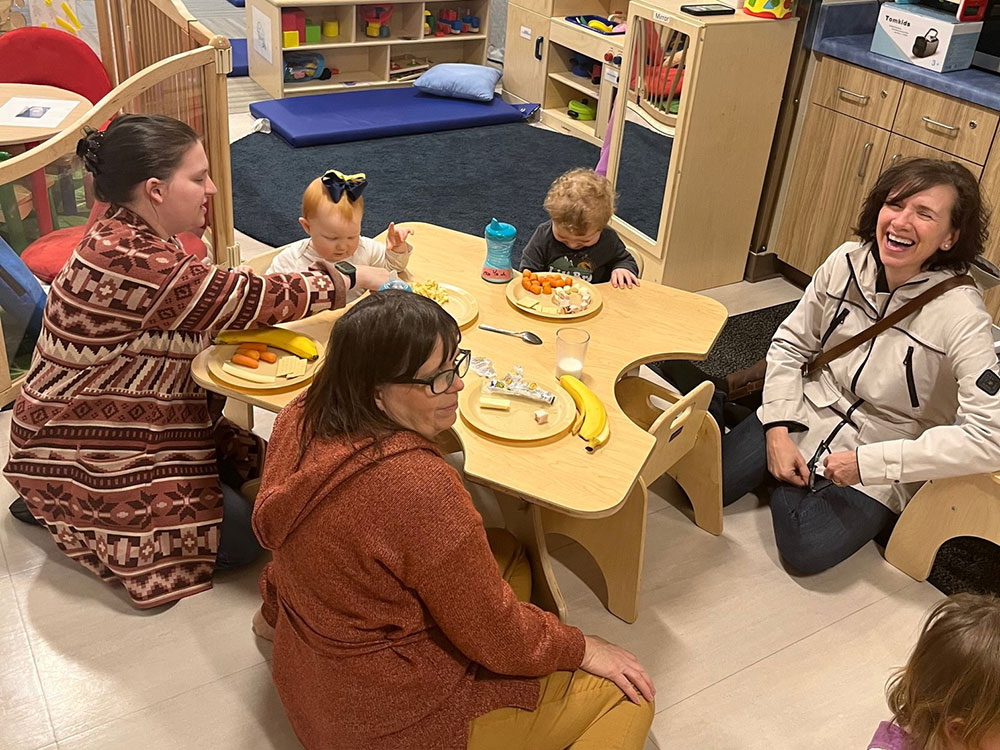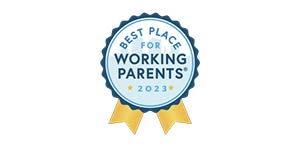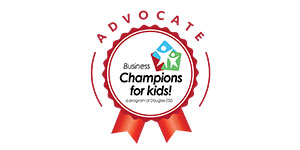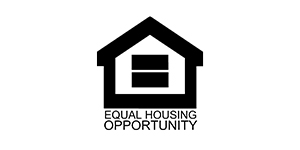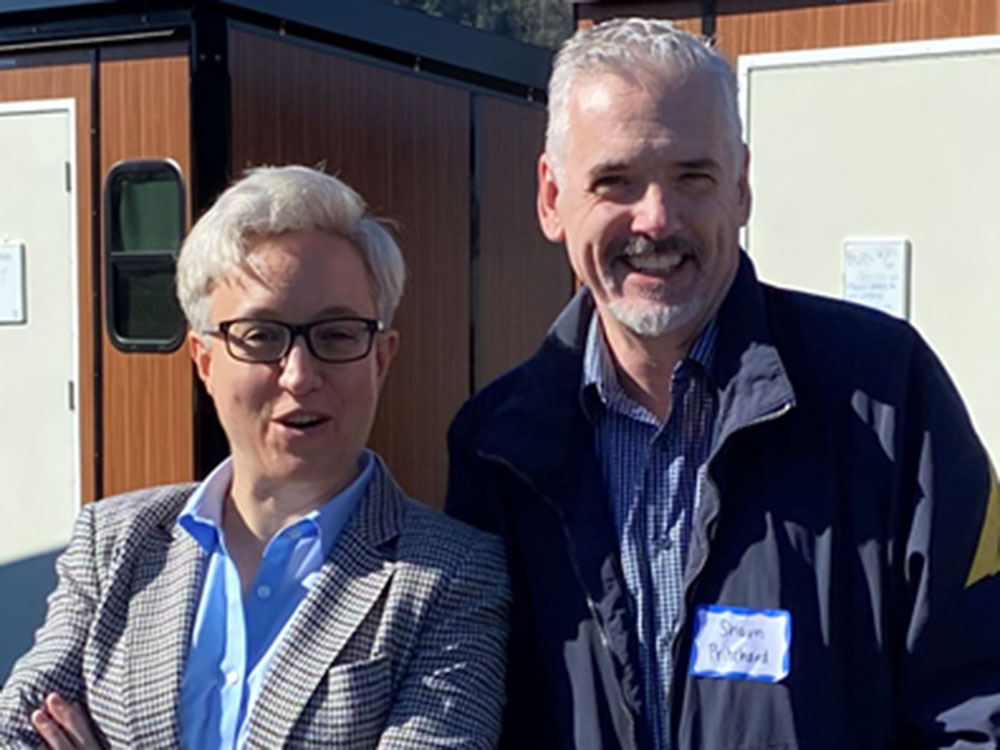
The first act that Governor Kotek took upon taking office this year was to declare a homeless state of emergency for much of Oregon. Though neither Douglas nor Josephine County were included in this declaration, those of us working to address homelessness locally know that we have our own crisis here. UCAN has stepped up to play a major role in addressing this crisis, while continuing to operate countless other programs.
2022 saw UCAN start up operations of several projects of critical importance to our communities. The first new project we undertook addresses the lingering impact of the Archie Creek Fire. At about the same time we received funding for this work, we responded to a request from the City of Roseburg to become the primary operator of a local homeless navigation center. Within a few months we had entered into both a lease for the center and an operating agreement with the City to provide services. We began operations on July 1.
A few months later, in October 2022, we learned that a local homeless service provider in Josephine County was struggling to maintain its operations there. The doors of two shelters, one a general congregate shelter, the other a tiny home community, would close end of November if we didn’t act quickly. By December 1st, we had a transfer agreement in place and were operating both facilities.
As winter approached, it became clear that no other organization could operate an emergency warming shelter in Josephine County. Our Housing and Homelessness staff took initiative to keep people from freezing on the streets. Staff worked round the clock many days in early 2023, as the region experienced temperatures far below normal (including several days with snow).
I am so proud of staff’s incredible dedication and hard work to get these projects off the ground. We’ve also had wonderful support from community partners, particularly through funding received from both the City of Roseburg and City of Grants Pass. Many community agencies are coming together to further these efforts, ensuring that folks receive an array of services needed to get their lives back in order.
It was especially heartening when Governor Kotek and her staff visited us to tour our Roseburg Navigation Center and our Feeding Umpqua food warehouse and distribution center in February. We took this opportunity to offer an on-the-ground perspective of the issues our communities face. I came away from this meeting hopeful that the Governor and others in Salem will focus additional resources to help our region.
You can learn much more about our new projects and ongoing work in other articles in this newsletter. I hope that you, too, will consider supporting UCAN, as your support allows us to react quickly to emerging issues. You can make a donation today by going here.
